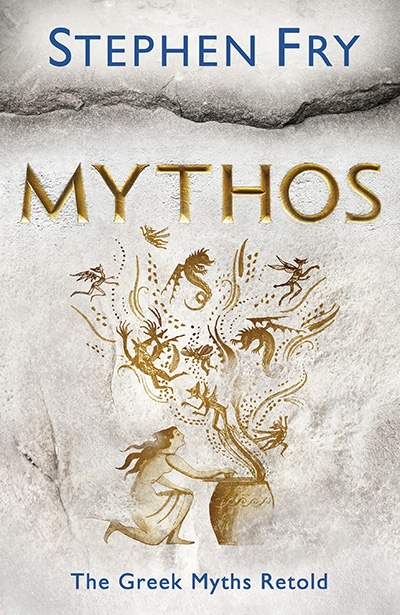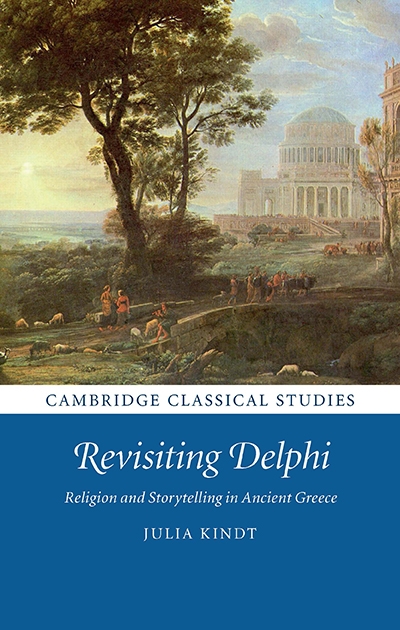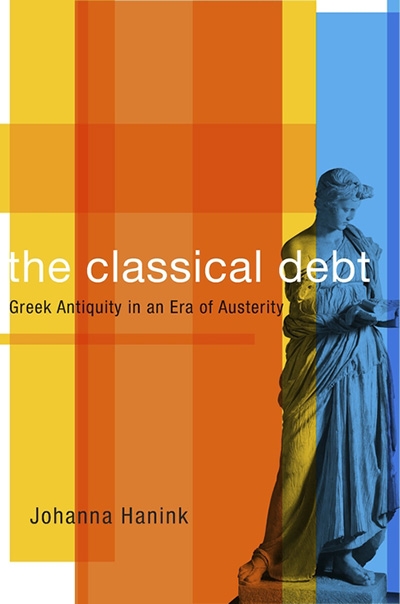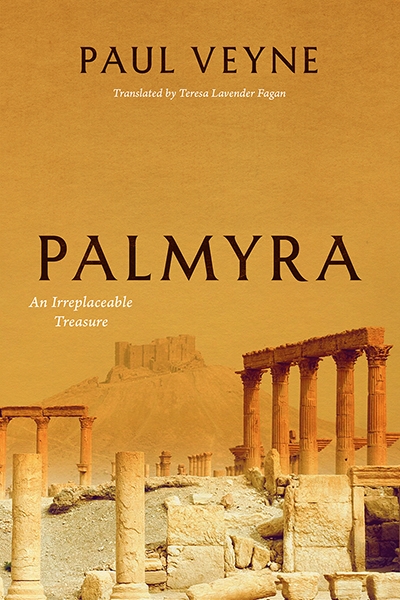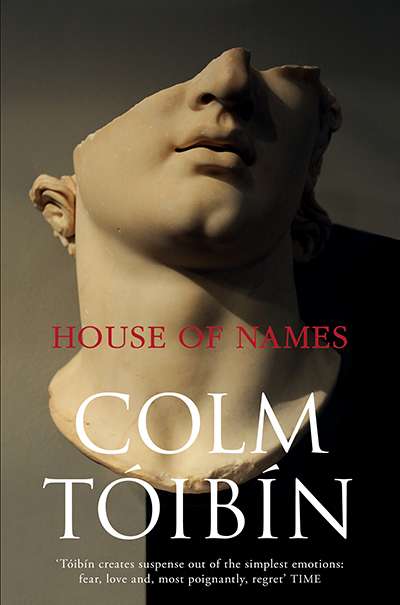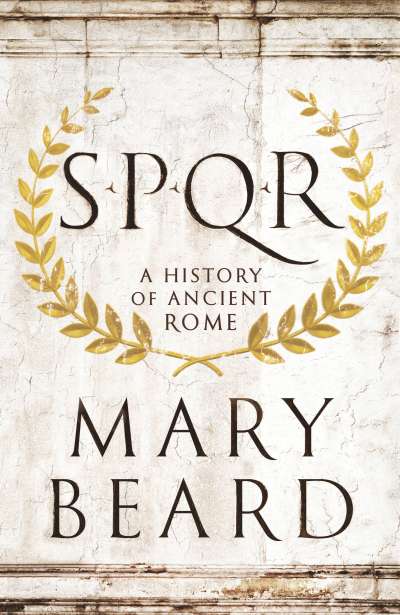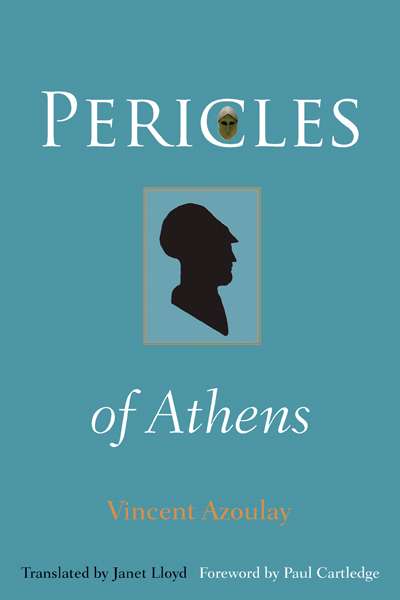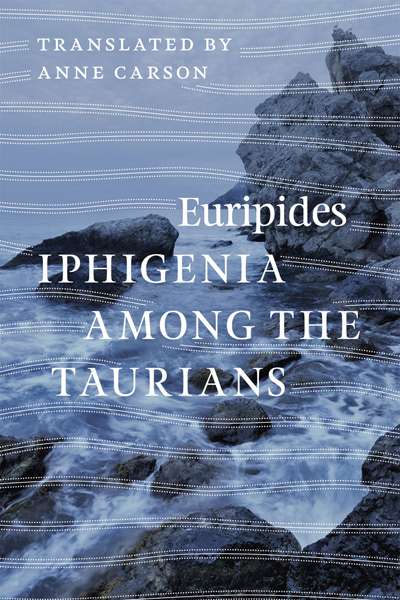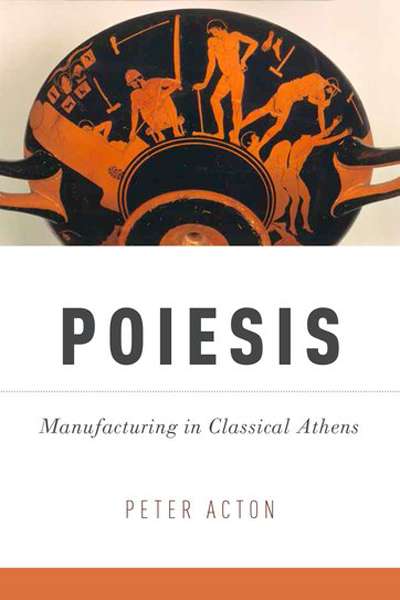Classics
Revisiting Delphi: Religion and storytelling in Ancient Greece by Julia Kindt
by Greta Hawes •
The Classical Debt: Greek antiquity in an Era of austerity by Johanna Hanink
by Peter Acton •
Palmyra: An irreplaceable treasure by Paul Veyne, translated by Teresa Lavender Fagan
by Christopher Allen •
Early success is no guarantee of a book’s continued availability or circulation. Some major and/or once-fashionable authors recede from public consciousness, and in some cases go out of print. We invited some writers and critics to identity novelists who they feel should be better known.
Iphigenia among the Taurians by Euripides (translated by Anne Carson)
by Maria Takolander •

